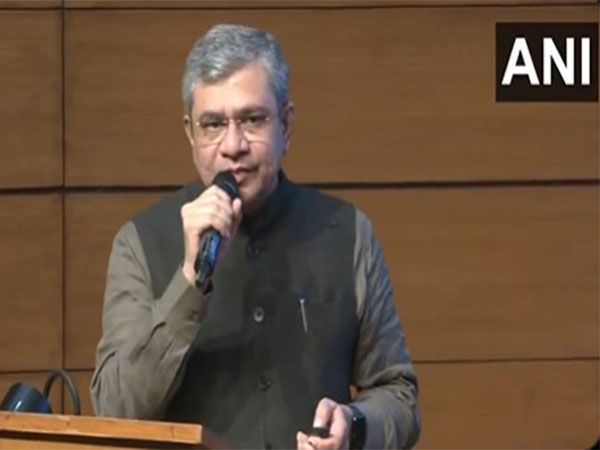India's Bold Step Towards Chemical-Free Farming: National Mission on Natural Farming Gets Approval
The Indian Union Cabinet has approved the National Mission on Natural Farming (NMNF) as a standalone Centrally Sponsored Scheme with an outlay of Rs 2481 crore. The initiative, under PM Modi's NDA government, aims to promote chemical-free farming, ensuring environmentally sustainable agriculture across the country.

- Country:
- India
The Union Cabinet has taken a significant step towards sustainable agriculture by approving the launch of the National Mission on Natural Farming, which comes with a total financial outlay of Rs 2481 crore. Information and Broadcasting Minister Ashwini Vaishnaw informed the media post-cabinet meeting that exhaustive planning has paved the way for this initiative aimed at promoting chemical-free farming across the nation.
The mission, described as path-breaking by Vaishnaw, aligns with Prime Minister Modi's commitment to farmers' welfare. It will operate across India in a mission mode to ensure that land remains untouched by harmful chemicals. The government has set aside Rs 2,481 crores for this project, which seeks to redefine agricultural practices.
Within this budget, the Government of India's share is Rs 1584 crore, while the remaining Rs 897 crore will be contributed by states until the 15th Finance Commission's term in 2025-26. The Agriculture & Farmers' Welfare Ministry will oversee this centrally sponsored scheme that focuses on natural farming. This approach leverages traditional knowledge and local practices to sustain healthy ecosystems, diversify cropping systems, and enhance resilience against climate changes.
Through NMNF, the government hopes to deliver healthy and nutritious produce to the populace while reducing cultivation costs for farmers by decreasing dependence on externally sourced inputs. Natural farming will further promote biodiversity and ecosystem health, fostering an approach that is increasingly crucial in the age of climate change.
(With inputs from agencies.)
ALSO READ
You are hankering for handful of sand, they are smuggling it: PM Modi attacks JMM-led govt in Jharkhand.
If we remain together, we will remain safe: PM Modi at election rally in Jharkhand's Bokaro.
Jharkhand received Rs 80,000 crore from Centre during UPA rule, after 2014, it got over Rs 3L crore: PM Modi at election rally.
Those who opposed creation of Jharkhand, can't develop it; we created the state, now will give it its due share: PM Modi in Bokaro.
We are reviving closed industrial units in Jharkhand, ensuring employment for thousands: PM Modi at Bokaro rally.









